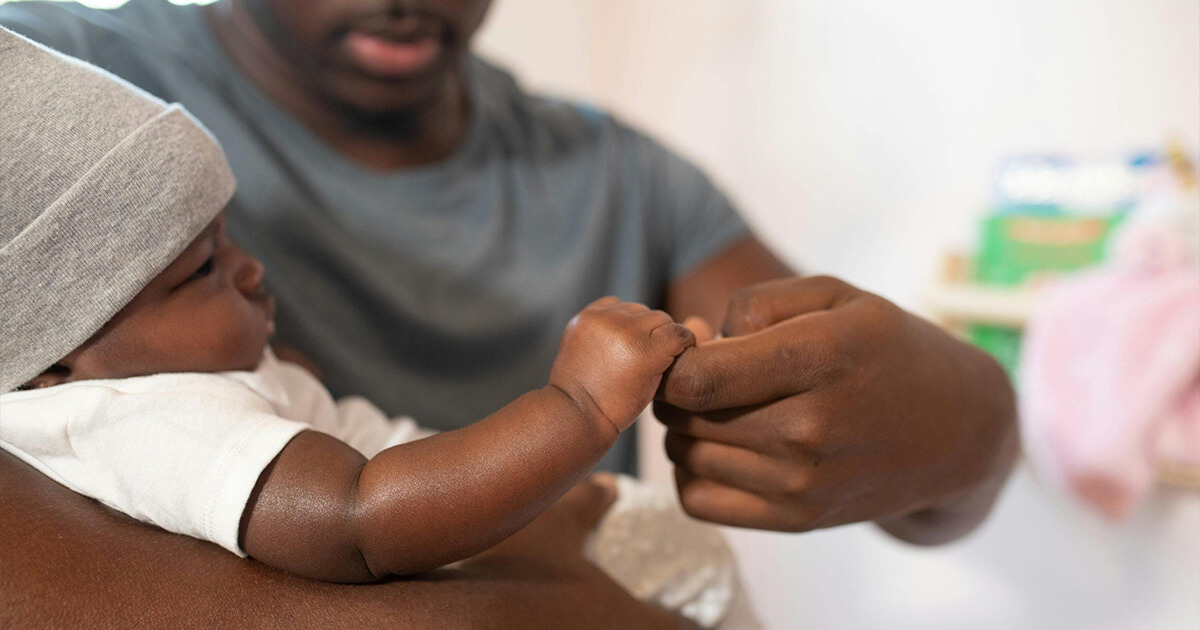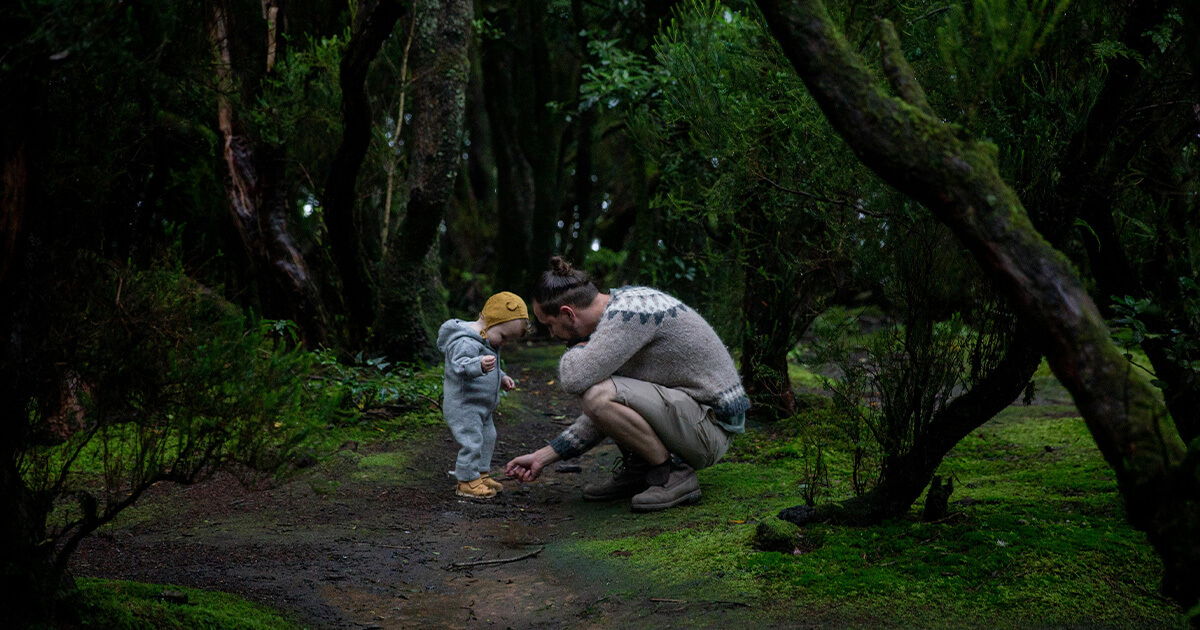Infant Development Milestones
[ez-toc]
Infant Development Milestones: Key Milestones for Your Baby’s First Year
Tracking your baby’s development is essential to ensure they thrive and reach important milestones. This guide provides critical milestones for each month up to 12 months, organized into categories such as motor skills, social interactions, and cognitive development.
Engaging visuals illustrate each milestone, along with brief descriptions and tips to help you support your baby’s growth.
Critical Milestones for Each Month
0-1 Month:
- Motor Skills: Reflexes such as sucking and grasping.
- Social Interactions: Recognizes caregiver’s voice.
- Cognitive Development: Follows objects with eyes briefly.
- Tips: Provide plenty of tummy time to strengthen neck muscles.
2-3 Months:
- Motor Skills: Begins to lift head during tummy time.
- Social Interactions: Smiles at people and recognizes familiar faces.
- Cognitive Development: Begins to follow moving objects with eyes.
- Tips: Talk and sing to your baby to encourage social interaction.
4-5 Months:
- Motor Skills: Rolls over from tummy to back.
- Social Interactions: Babbles and mimics sound.
- Cognitive Development: Shows curiosity about objects and tries to reach for them.
- Tips: Provide safe toys that encourage reaching and grasping.
6-7 Months:
- Motor Skills: Sits without support.
- Social Interactions: Responds to own name.
- Cognitive Development: Looks at things and responds to expressions of emotion.
- Tips: Engage in peekaboo games to develop social and cognitive skills.
8-9 Months:
- Motor Skills: Crawls, may pull up to stand.
- Social Interactions: Has favorite toys and people.
- Cognitive Development: Understands “no” and simple commands.
- Tips: Encourage crawling by placing toys just out of reach.
10-11 Months:
- Motor Skills: Stands and may take first steps.
- Social Interactions: Shows fear in some situations, waves bye-bye.
- Cognitive Development: Imitates gestures and actions.
- Tips: Hold their hands and help them practice walking.
12 Months:
- Motor Skills: Walks with or without support.
- Social Interactions: Plays games like pat-a-cake.
- Cognitive Development: Finds hidden objects quickly and starts using simple words.
- Tips: Read books together to encourage language development.
Categories of Development
- Motor Skills:
- Development of physical movements like rolling, sitting, crawling, and walking.
- Social Interactions:
- Includes recognizing faces, responding to names, and playing interactive games.
- Cognitive Development:
- Involves learning, thinking, problem-solving, and understanding simple commands.
Engaging Visuals to Illustrate Each Milestone
- 0-1 Month: An icon of a baby lying down with a speech bubble for recognizing voices.
- 2-3 Months: An illustration of a baby lifting their head during tummy time.
- 4-5 Months: A baby rolling over and reaching for toys.
- 6-7 Months: A baby sitting up unassisted with a big smile.
- 8-9 Months: A crawling baby and a standing baby holding onto furniture.
- 10-11 Months: A baby taking first steps with support.
- 12 Months: A baby walking independently and playing pat-a-cake.
Example Growth Chart
| Age (Months) | Motor Skills | Social Interactions | Cognitive Development |
|---|---|---|---|
| 0-1 | Reflexes (sucking, grasping) | Recognizes caregiver’s voice | Follows objects with eyes briefly |
| 2-3 | Lifts head during tummy time | Smiles at people who recognizes faces | Follows moving objects with eyes |
| 4-5 | Rolls over from tummy to back | Babbles, mimics sounds | Shows curiosity, reaches for objects |
| 6-7 | Sits without support | Responds to own name | Looks at things, responds to emotions |
| 8-9 | Understands “no,” simple commands | Has favorite toys/people | Understands “no”, simple commands |
| 10-11 | Crawls pulls up to stand | Shows fear, waves bye-bye | Imitates gestures/actions |
| 12 | Walks with/without support | Plays pat-a-cake | Finds hidden objects, uses simple words |
Brief Descriptions and Tips for Each Milestone
0-1 Month:
- Description: Your newborn will recognize your voice and immediately follow objects with their eyes.
- Tip: Provide tummy time to help strengthen their neck muscles.
2-3 Months:
- Description: Babies begin to lift their heads and smile at familiar faces.
- Tip: Talk and sing to your baby to encourage social interaction.
4-5 Months:
- Description: Your baby will start rolling over and showing curiosity about objects.
- Tip: Provide safe toys that encourage reaching and grasping.
6-7 Months:
- Description: Sitting without support and responding to their name are key milestones.
- Tip: Engage in peekaboo games to develop social and cognitive skills.
8-9 Months:
- Description: Crawling and pulling up to stand are significant motor skills milestones.
- Tip: Encourage crawling by placing toys just out of reach.
10-11 Months:
- Description: Standing and taking first steps while showing fear in some situations.
- Tip: Hold their hands and help them practice walking.
12 Months:
- Description: Walking independently and playing simple interactive games.
- Tip: Read books together to encourage language development.
Conclusion
By tracking these key milestones and understanding the development categories, you can ensure your baby is on the right path and provide the necessary support for their growth.
Use the tips and visuals to engage with your baby and make their development journey enjoyable for both of you.
Resources
- (Sources: World Health Organization (WHO), KidsHealth)
- (Sources: American Academy of Pediatrics, Mayo Clinic)








